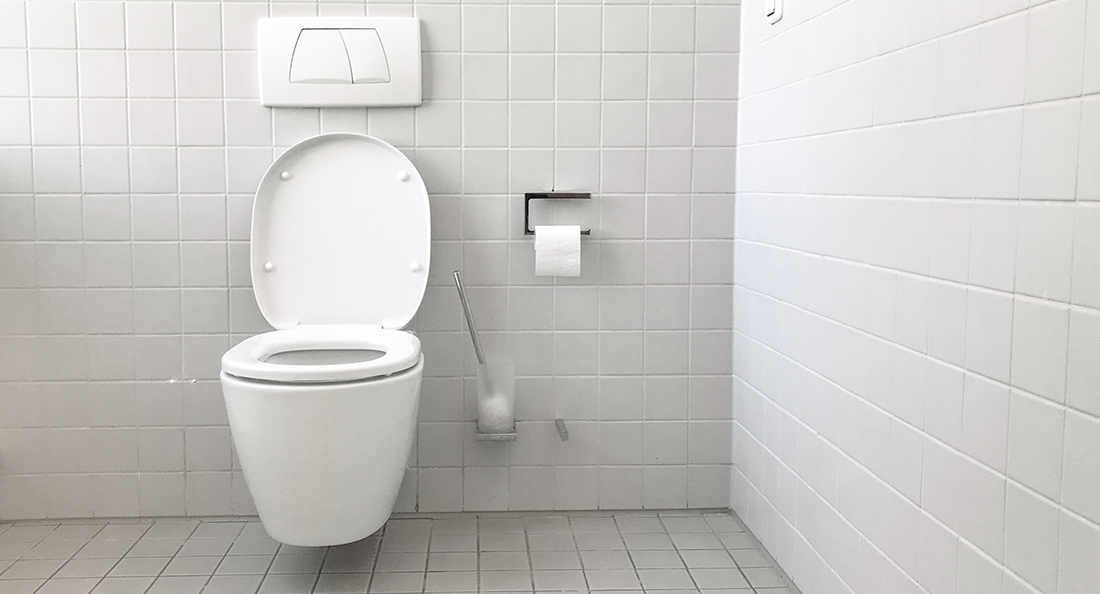
15 Nov Can ‘smart toilets’ be the next health data wellspring?
By Brian Mattmiller, UW-Madison
Wearable, smart technologies are transforming the ability to monitor and improve health, but a decidedly low-tech commodity — the humble toilet — may have potential to outperform them all.
That’s the conclusion of a team of metabolism scientists at the University of Wisconsin–Madison and the Morgridge Institute for Research, who are working to put the tremendous range of metabolic health information contained in urine to work for personalized medicine.
[UW-Madison researcher Joshua] Coon also believes the smart toilet concept could have major population health implications, not unlike the National Institutes of Health “All of Us” human genome database. “If you have tens of thousands of users and you could correlate that data with health and lifestyle, you could then start to have real diagnostic capabilities,” he says, adding that it might provide early warning of viral or bacterial outbreaks.
Urine contains a virtual liquid history of an individual’s nutritional habits, exercise, medication use, sleep patterns and other lifestyle choices. Urine also contains metabolic links to more than 600 human conditions, including some of the major killers such as cancer, diabetes and kidney disease.
The team has two essential questions. First, can frequent monitoring and testing of urine samples glean useful real-time information about an individual’s health? And second, can a technology platform be adapted to toilets that can make the collection process simple, accurate and affordable? Read more …



